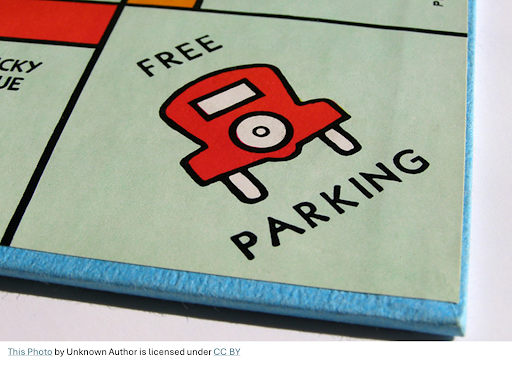Women’s rights to their own bodies have always been in the hands of politicians. On Jan. 17, the Supreme Court agreed to hear a case concerning whether or not the Trump administration can allow employers to deny access to free birth control. These policies are being defended under the freedom of religion, as several faiths consider contraceptives to be a way of killing an unborn life and enabling sex before marriage.
The Trump administration is under fire, as the public has regarded this action as unlawful. Brigitte Amiri, a lawyer for the American Civil Liberties Union’s Reproductive Freedom Project stated that “allowing employers and universities to use their religious beliefs to block employees’ and students’ birth-control coverage isn’t religious liberty—it’s discrimination.”
Issues with contraception access and religion have been going on for a number of years. In the 2014 Supreme Court case Burwell v. Hobby Lobby Stores, the court ruled that “requiring family-owned corporations to pay for insurance coverage for contraception violated a federal law protecting religious liberty.”
It is discriminatory to restrict access to birth control under the Affordable Care Act. If the Trump Administration allows the limitation of contraceptive access, they are actively targeting women. The purpose of the Affordable Care Act is to keep people safe. When former President Obama signed it into policy, it “required employers and insurers to provide women with coverage at no cost for all methods of contraception approved by the Food and Drug Administration.”
These policies ensured that women could have healthy and safe sex. It was a big step towards women’s rights. Justice Sonia Sotomayor once stated the statistic that, “When contraceptives are provided to women in a seamless way, the number of unintended pregnancies dramatically falls, as does the number of abortions.”
Now, though, the government is considering taking those rights away. If the Supreme Court rules in their favor, it will negate all of the progress that was made during the Obama administration.
Many women cannot afford birth control, and their financial situation will likely worsen if they have an unwanted pregnancy. A recent study “showed that birth control played a critical role in reducing the gender pay gap because of the investments it allowed women to make in their education and careers.” When women have access to birth control, they are more successful because they can plan for the future and determine if and when they want to get pregnant. Being able to get a career and be financially stable before pregnancy ensures the safety of both mother and child.
It is terribly ironic that women’s options to protect themselves may be taken away by a male-dominated government. We would regress as a society. When Roe v. Wade occurred in 1973 and declared banning abortion unconstitutional, it was a turning point for women’s rights. But if this restriction of birth control is allowed, what next? It might compel individuals and courts to try to challenge or overturn Roe v. Wade.
According to the Center of Reproductive Rights, “99 percent of all sexually active women in the U.S. use birth control at some point during their reproductive years.” Over 70,000 to 126,000 women will be affected by the court’s decision. The Trump administration claims that it will have a small effect on women, but their argument does not take into account that there are no specific numbers on how many businesses will choose to participate in this.
It is not my boss’ business whether I can get access to birth control or not. Women should have complete control over their reproductive rights. By hearing this case, all the Supreme Court establishes is distrust. How are women supposed to rely on and get involved in a government that continues to oppress them?











